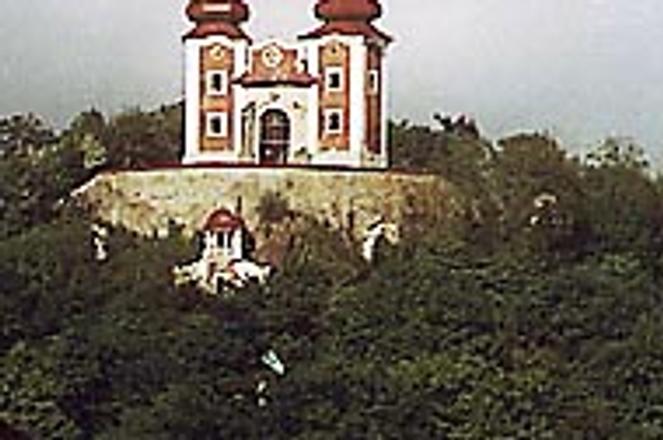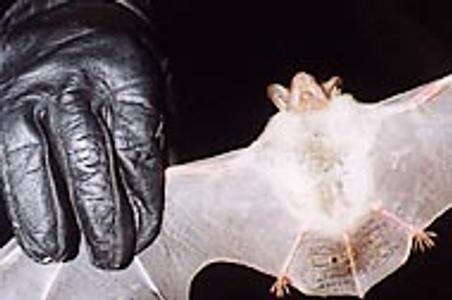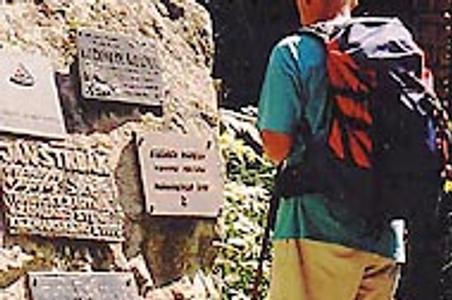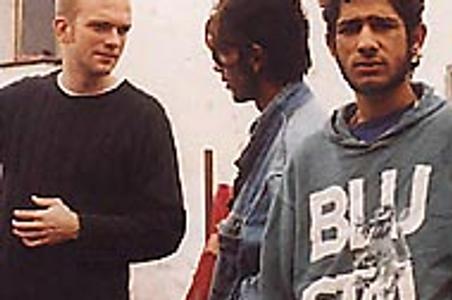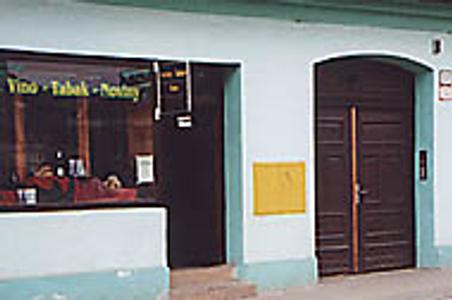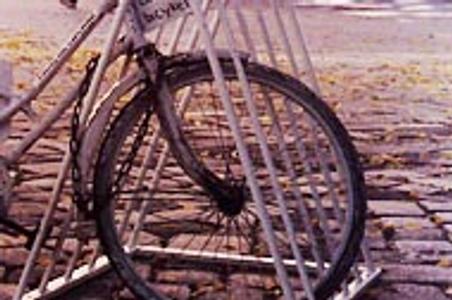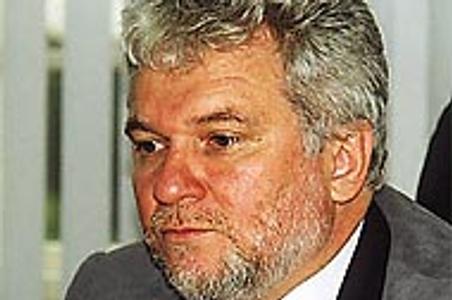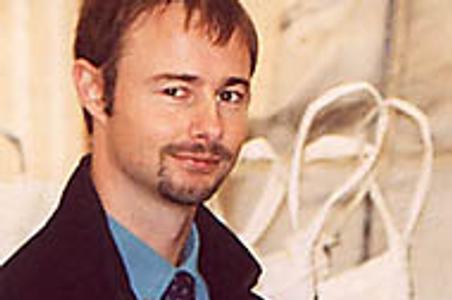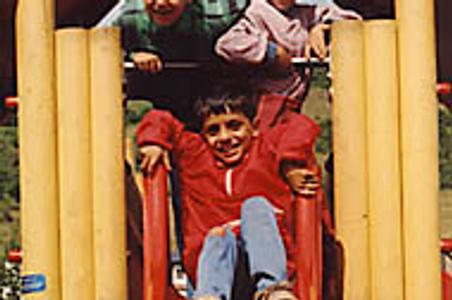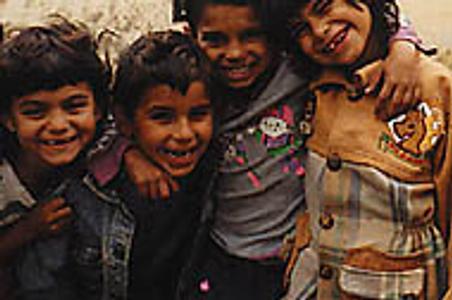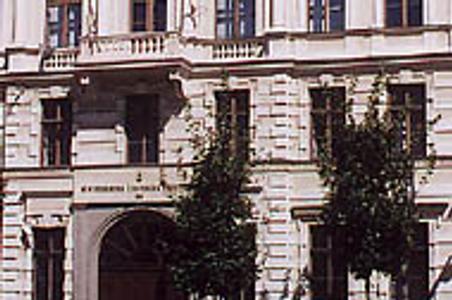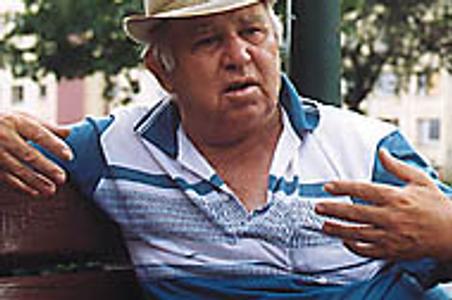- Thank heavens for Trenčín (from our archive)
- To love or to hate Bratislava (from our archive)
- The prettiest castle in Slovakia (from our archive)
- How I came to appreciate (some) Communist-time architecture (from our archive)
- Slovak Matters: A guide to the Spiš dialect
- Adopting a Slovak child: A beginners guide
- Slovak Matters: When I am mimo
- Bože môj: In search of my Rusyn self
- Bratislava Region simplifies transport zones, raises fares
- Neo-Nazi gang in Bratislava plotted armed attack and called their leader ‘Mr Führer’, court documents reveal
- Slovakia ends November 17 public holiday amid fiscal pressures
- No Michelin stars yet, but Slovak fine dining wins French praise
- Is Slovakia the next Hungary? MEPs raise alarm over democratic backsliding
- How to spend 48 hours in Bratislava
- News digest: Pellegrini’s defence spending pitch falls flat
- Slovakia ends November 17 public holiday amid fiscal pressures
- The hidden costs of Slovakia’s complicated tax system
- Neo-Nazi gang in Bratislava plotted armed attack and called their leader ‘Mr Führer’, court documents reveal
- Slovakia’s secret weapon is living abroad
- Bratislava Region simplifies transport zones, raises fares
- Bože môj: In search of my Rusyn self
- Who can still afford a home in Slovakia? Mostly couples with two incomes
- News digest: Pellegrini’s defence spending pitch falls flat
- Irish outlet hails Slovak spa town as top European holiday spot
- Last Week: Central bank governor found guilty, but Fico accuses the judge
- After years of straddling two worlds, this American is now reconnecting with his Slovak roots
- Slovakia’s secret weapon is living abroad
- The hidden costs of Slovakia’s complicated tax system
- Neo-Nazi gang in Bratislava plotted armed attack and called their leader ‘Mr Führer’, court documents reveal
- Bratislava Region simplifies transport zones, raises fares
- Slovakia ends November 17 public holiday amid fiscal pressures
- Irish outlet hails Slovak spa town as top European holiday spot
- After years of straddling two worlds, this American is now reconnecting with his Slovak roots
- Why a British teacher chose Slovakia as home Audio
- Where can vegetarians and gluten-free diners eat out in Bratislava?
- Slovak physicist: I do not employ doctoral students; I make them go abroad. I expect them to push us forward
- Man appeals for help finding strangers who saved his life
- Slovakia’s secret weapon is living abroad
- The law changed. Our family papers were ready. Now my kids are Slovak citizens
- Jordanian runs Lebanese restaurant in Bratislava: Slovaks welcomed me better than Austrians
- Top 10 events in Bratislava for foreigners
- Is Slovakia the next Hungary? MEPs raise alarm over democratic backsliding
- How to spend 48 hours in Bratislava
- Bože môj: In search of my Rusyn self
- Capsule cabins land in a village few tourists know Photo
- News digest: Pellegrini’s defence spending pitch falls flat
- Who can still afford a home in Slovakia? Mostly couples with two incomes More articles ›

